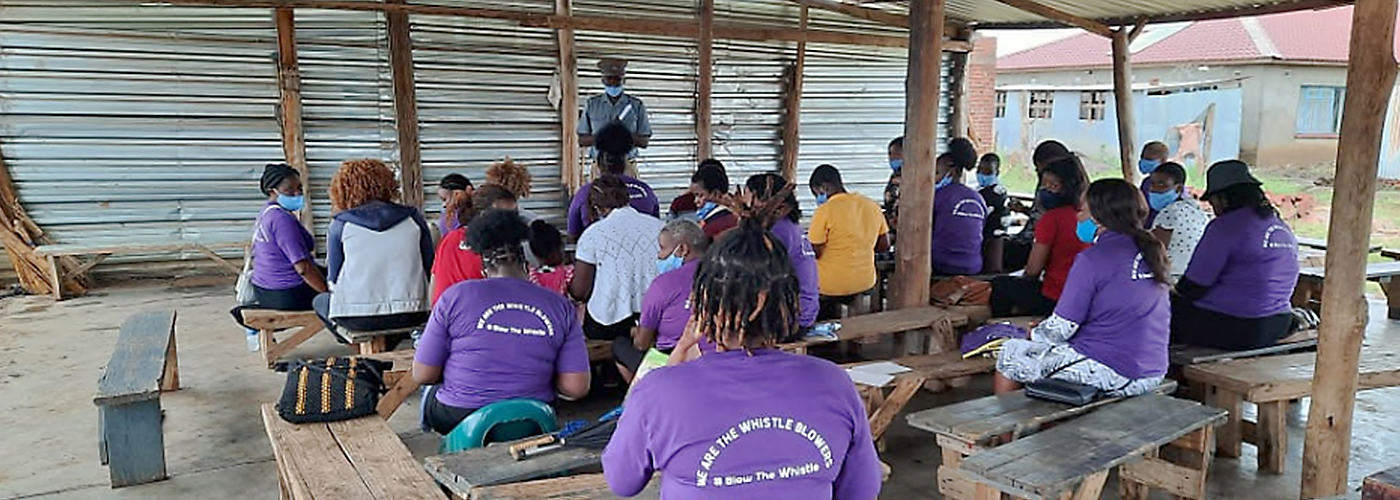She Leads – Her Stories 2022 newsletter
Her Stories is a Hivos She Leads project newsletter showcasing some of the community work and impact by Hivos and partners involved in the project. The second edition is focused on the activities around the 16 Days against Gender-Based Violence campaign. The She Leads project focuses on promoting the full and effective participation and leadership […]

